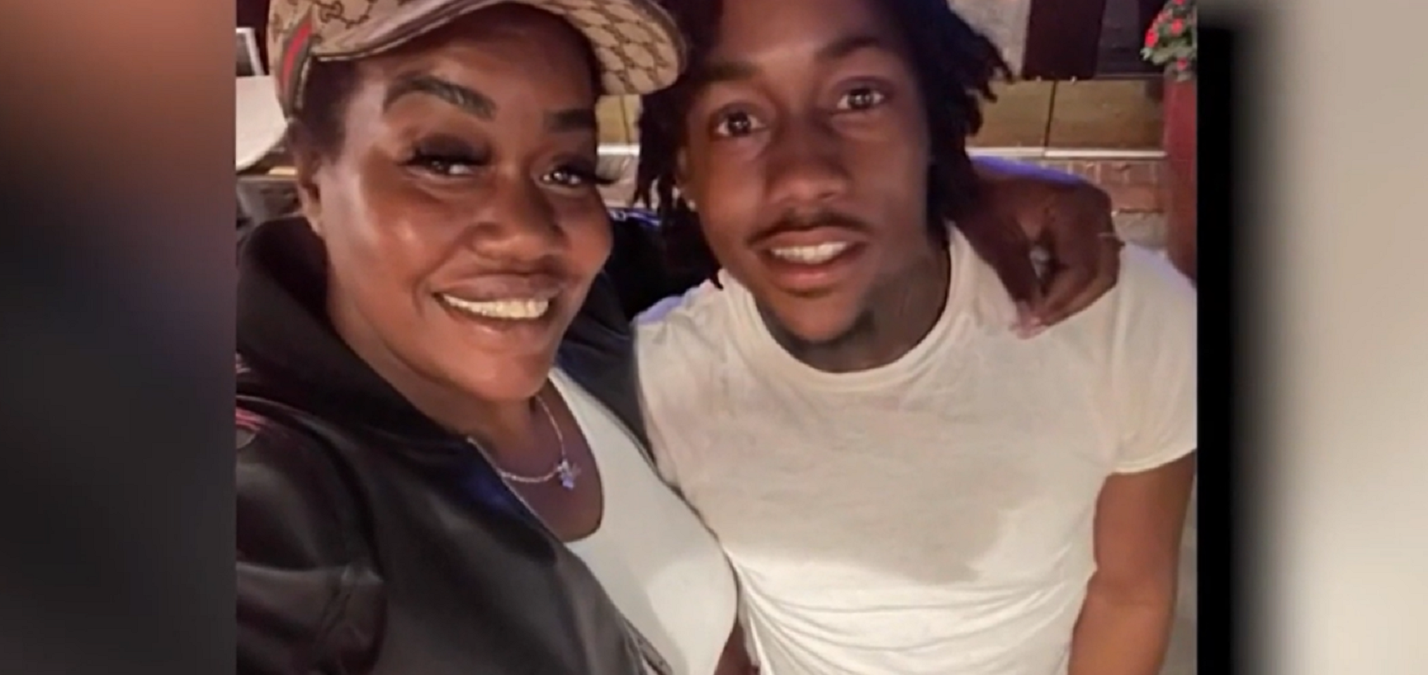Unprecedented measures are being taken to try and create an Ebola vaccine.
University of Illinois Hospital's Dr. Rick Novak has worked on HIV vaccines for years, but now his attention is turned toward trying to find an Ebola vaccine.
Novak says the world has never worked so hard on a vaccine. It's fast-tracked, meaning it could be rolled out before Thanksgiving and immediately used.
"It would go directly to West Africa, and give to about 10,000 at-risk individuals in West Africa," Novak said.
Researchers hope that what they come up with will help keep West Africans from getting sick, but there's no guarantee. Novak says what's worked in animals won't necessarily be effective for humans.
"There's a lot of unknowns here and the world is waiting with bated breath to get these results," Novak said.
Despite the growing number of people infected with the Ebola virus, there's still a lot of unknowns about exactly how the disease is spread.
Rachael Jones studies disease transmission at the University of Illinois at Chicago. She says in order to be infected with Ebola, there needs to be extremely close contact. Animal studies now suggest that could include infection through the air.
"In pigs and in non-human primates, you can get Ebola infections in animals without physical contact between the animals," Jones said.
Local
The Centers for Disease Control emphasizes that close contact with bodily fluids is what's most dangerous. Jones says even if there is evidence to suggest Ebola can be spread through the air, it's not as dire as it sounds.
"There's not a lot of evidence to suggest that these particles can float through the air for hours and travel to different parts of a building," Jones said.
Part of the reason Ebola is so mysterious and hard to study is because it kills its victims so quickly.



